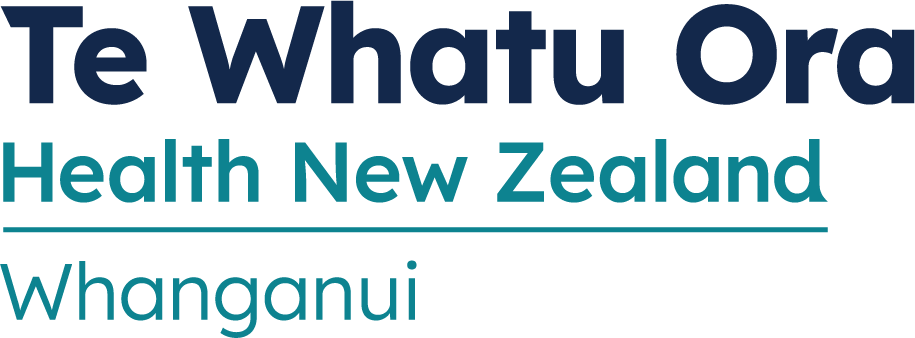
Our professional community health team provide a high standard of patient care and education to empower you and your whanau to achieve wellness within our community.
Te Whatu Ora Whanganui Community Health Services are provided from:
- Rangitikei Health Centre, Marton
- Waimarino Health Centre, Raetihi
- Ground Floor, Lambie Building, Te Whatu Ora Whanganui - Whanganui Hospital
- Outpatients Clinic, Te Whatu Ora Whanganui - Whanganui Hospital
Te Whatu Ora Whanganui - Whanganui Hospital | Ph 06 348 1282 | email: referral.centre@wdhb.org.nz or communityadmin@wdhb.org.nz
Monday to Friday, 8am to 4.30pm | District Nursing service 8am to 4.30pm
Clinics
Nurse-led clinics for mobile patients are provided Monday-Friday in Lambie Building at Te Whatu Ora Whanganui -Whanganui Hospital.
Te Whatu Ora Whanganui Community Health Service focuses on supporting patients to safely remain in their homes while experiencing health challenges.
Community Health staff include:
- District nurses
- Specialist nurses
- Social workers
- Dieticians
- Administrative support.
Te Whatu Ora Whanganui district nurses provide a comprehensive, primarily home-based range of quality, patient-focused, professional and holistic nursing services. Our nurses address healthcare needs which can’t be met by a general medical or nursing service alone. The District Nurse Service is for those patients who could be at risk of further health deterioration without advanced nursing care and for those in which providing care in their normal living environment would not further compromise their health status.
District nurses have specialised nursing knowledge, assessment skills, professional judgement and an excellent knowledge of community resources. They collaborate with other health professionals and work in partnership with people, throughout their care, in their own home, community or hospital setting. District nurses function independently and interdependently in assessing needs, planning, delivering and evaluating care.
Clinical nurse specialists
Te Whatu Ora Whanganui clinical nurse specialists are essential members of the health team. They carry a caseload of patients requiring complex care while providing advice and support to other Te Whatu Ora Whanganui staff on all aspects of care from assessment to treatment, and management of outcomes.
Specialities include:
- Oncology – includes providing care before, during and after cancer treatment; consultation with other healthcare providers; assessment, evaluation and planning of treatment; monitoring of patients; and linking in supportive care.
- Stomal therapy – includes providing inpatient and community care to support and educate people living with a stoma (e.g. colostomy, illeostomy, urostomy), and the provision of stomal supplies.
- Continence – includes providing assessment and treatment for continence patients, as well as consultation and services in collaboration with other healthcare professionals across the WDHB continuum.
- Cardiac – includes providing support and education to cardiac patients throughout the community through cardiac rehabilitation, case management, pathway development, and liaison with services in secondary and primary care.
- Wound care – includes assessment, evaluation, planning of treatment and monitoring of complex and chronic wounds as well as consultation with other healthcare providers.
- Respiratory – includes assessment, management and education for patients with respiratory conditions; assisting people living with long-term respiratory conditions to develop skills for self-care thereby improving quality of life; and providing consultation services to medical and nursing colleagues.
- Diabetes – includes diabetes management and education for people living with Type 1, Type 2 and gestational diabetes (services are provided for inpatients, outpatients, in the community, at GP surgeries and rural clinics).
Clinical nurse specialists are required to research, evaluate, develop and implement standards of nursing practice, as well as lead the development of pathways, protocols and guidelines in specific area of practice.



